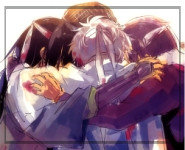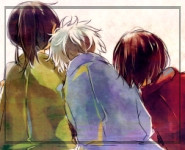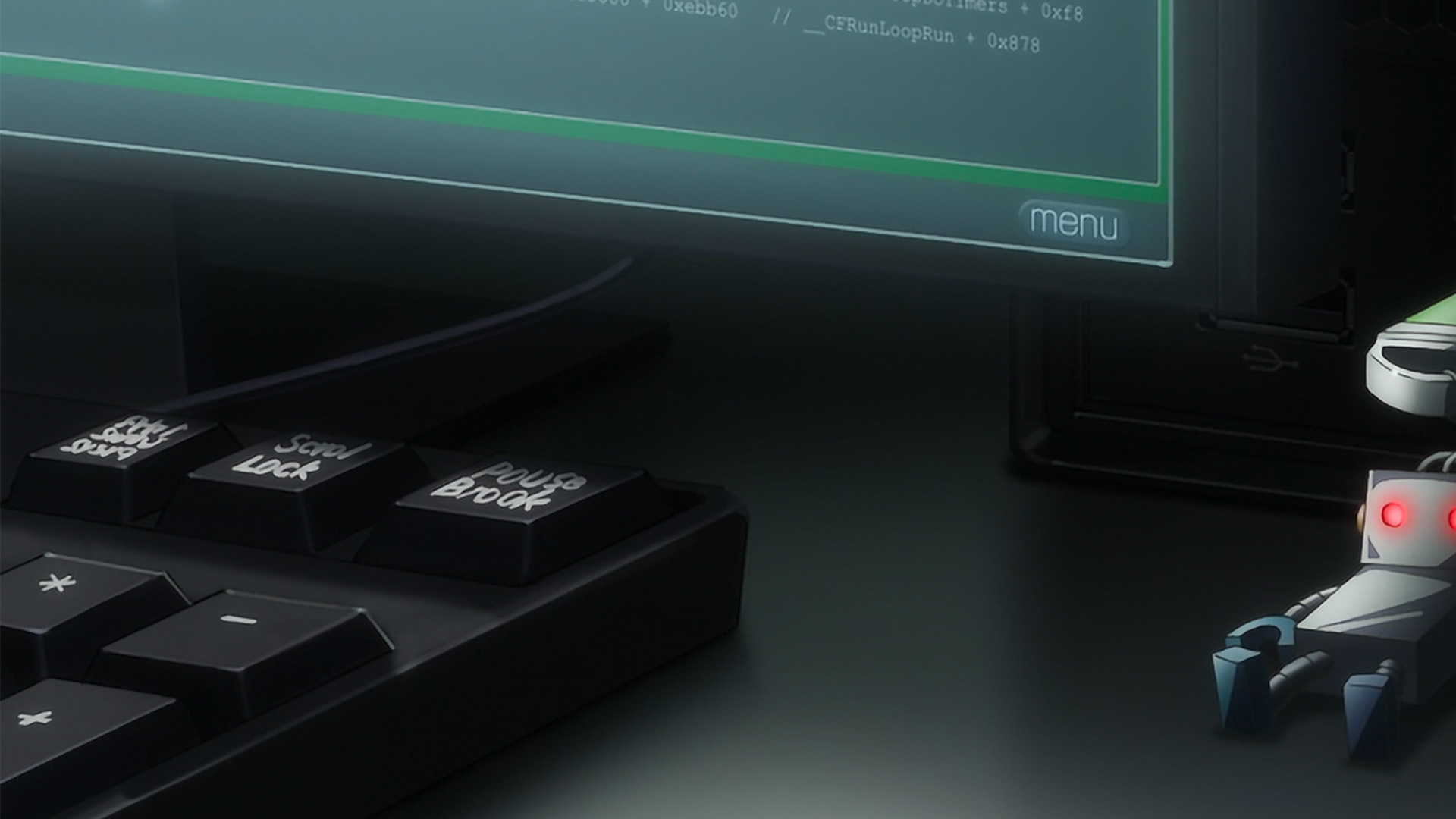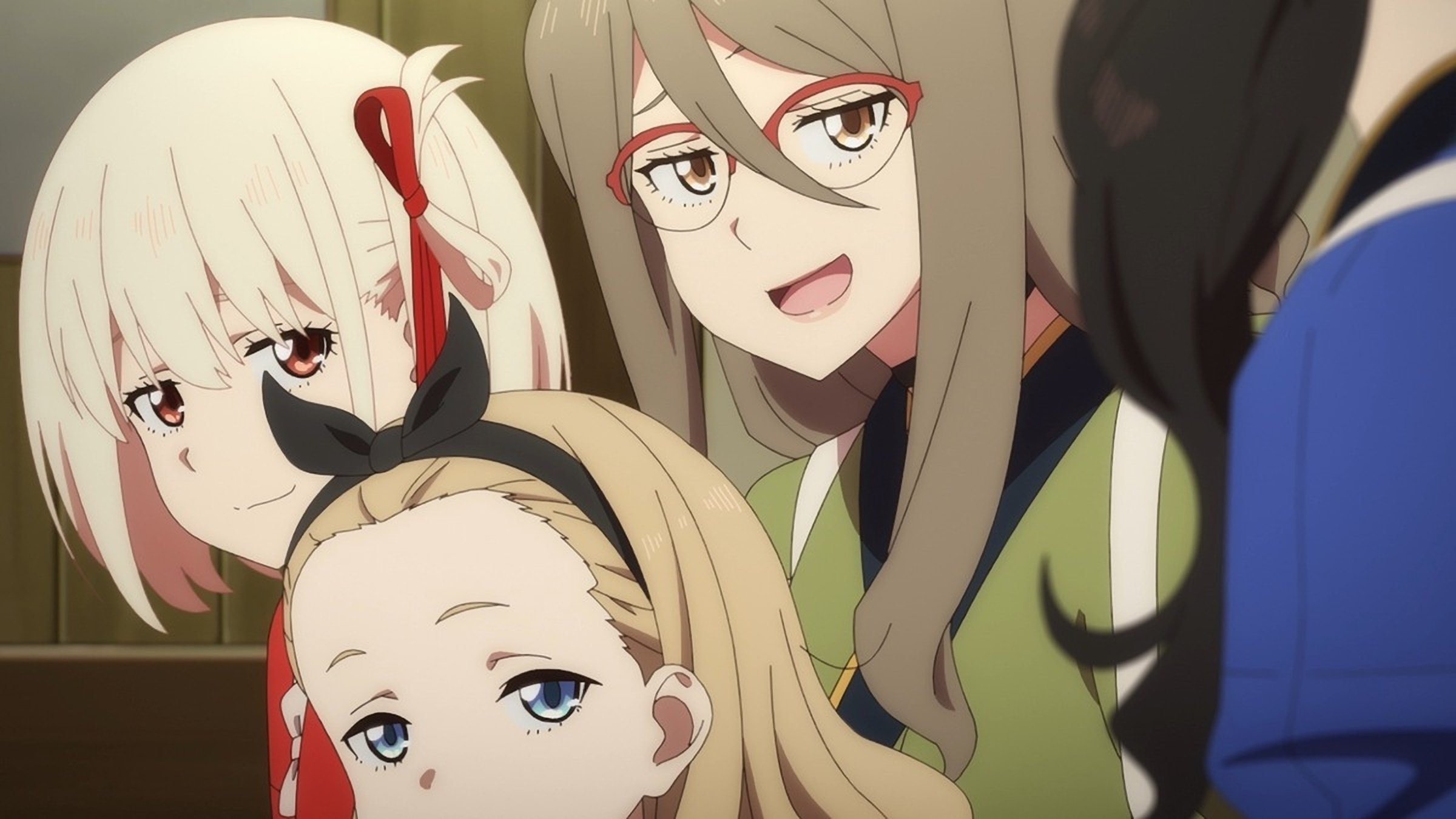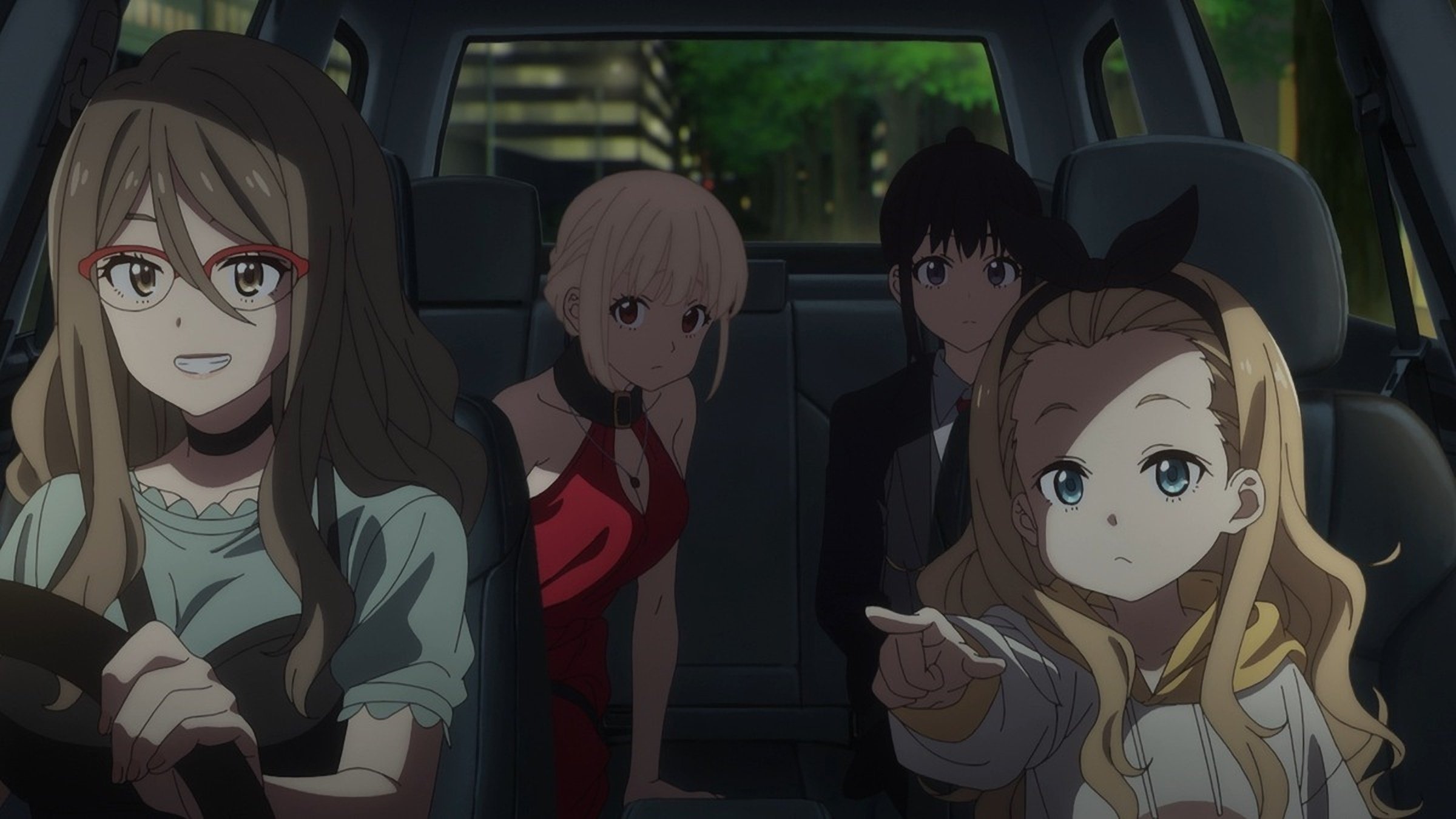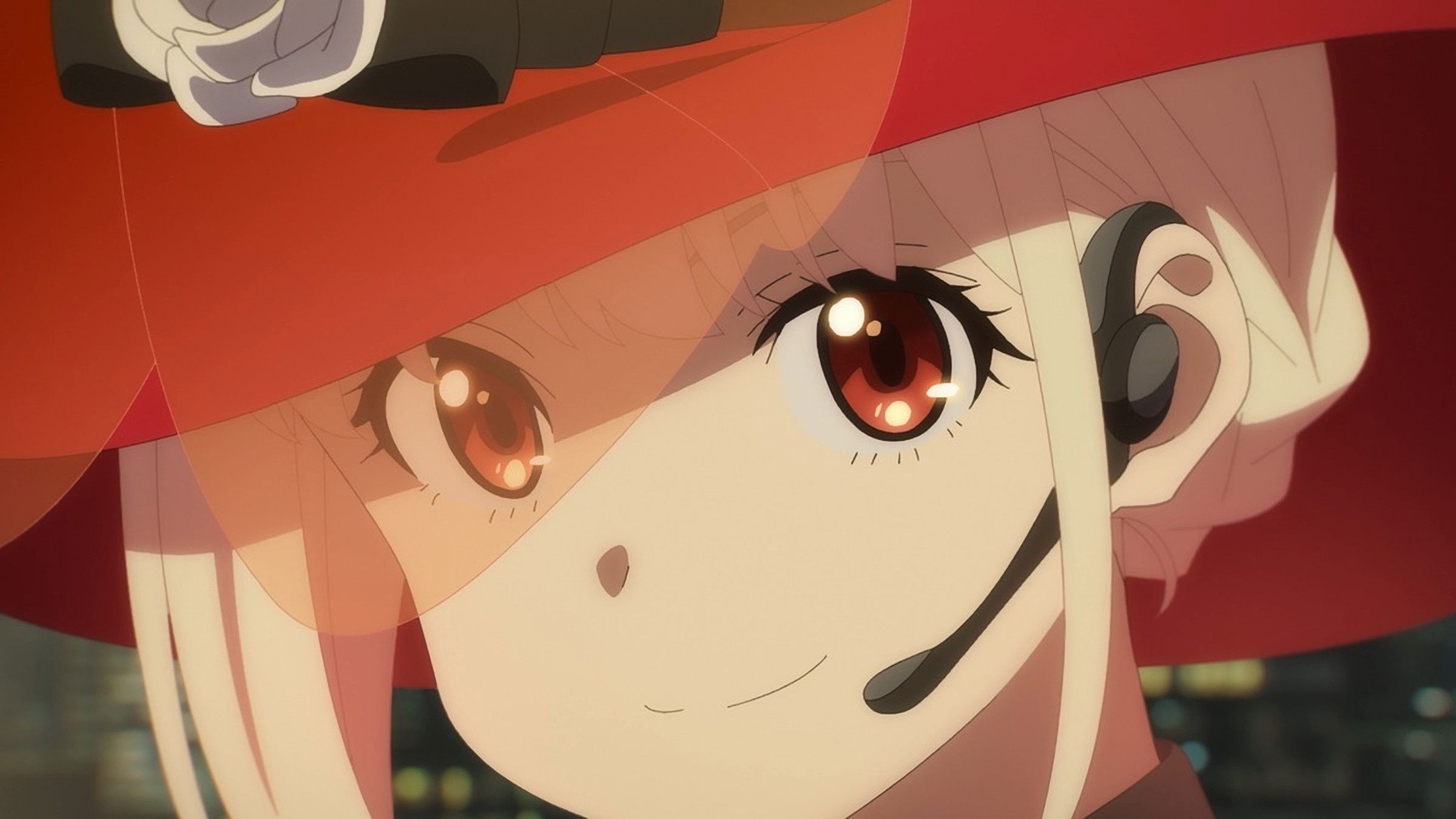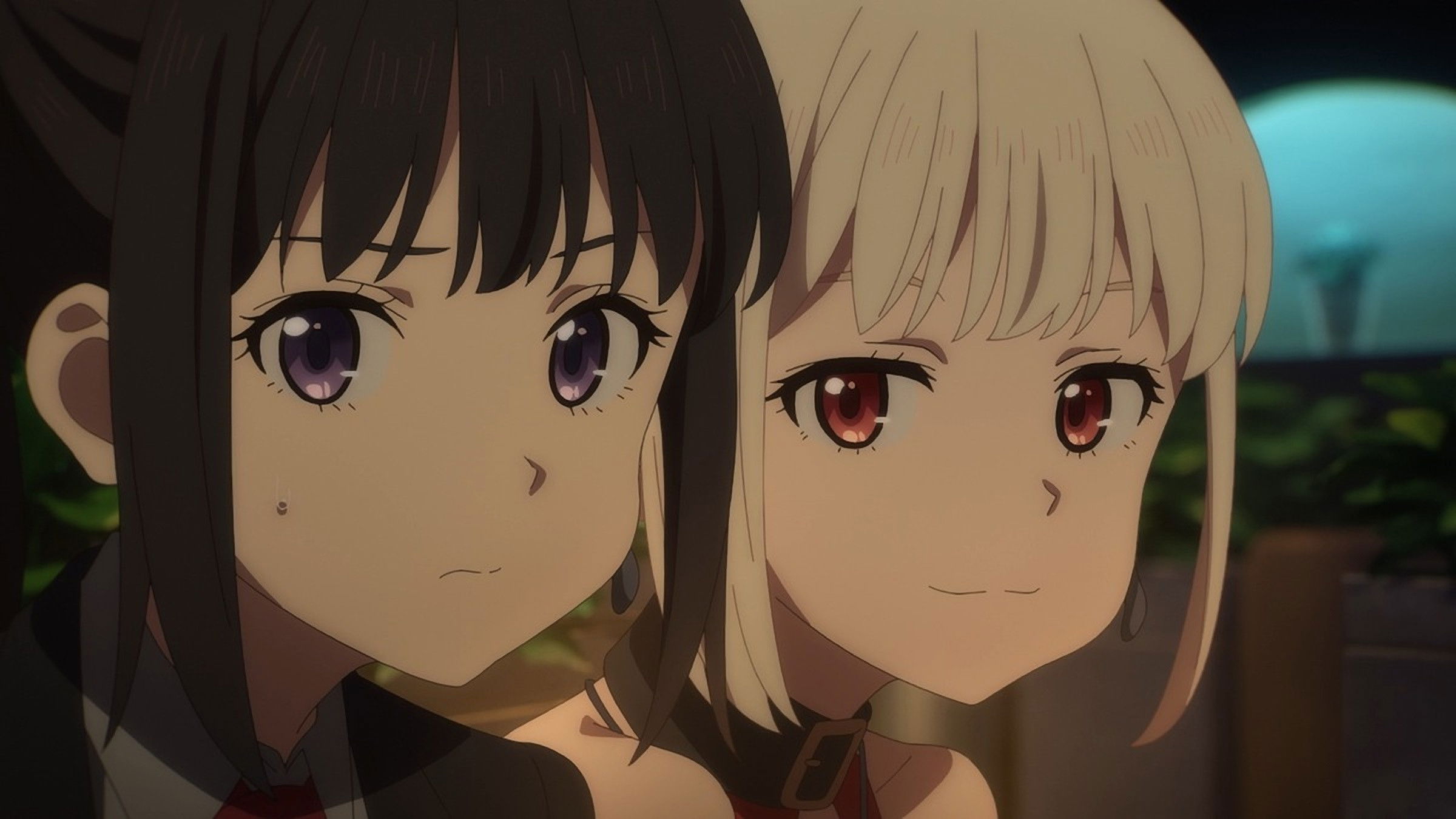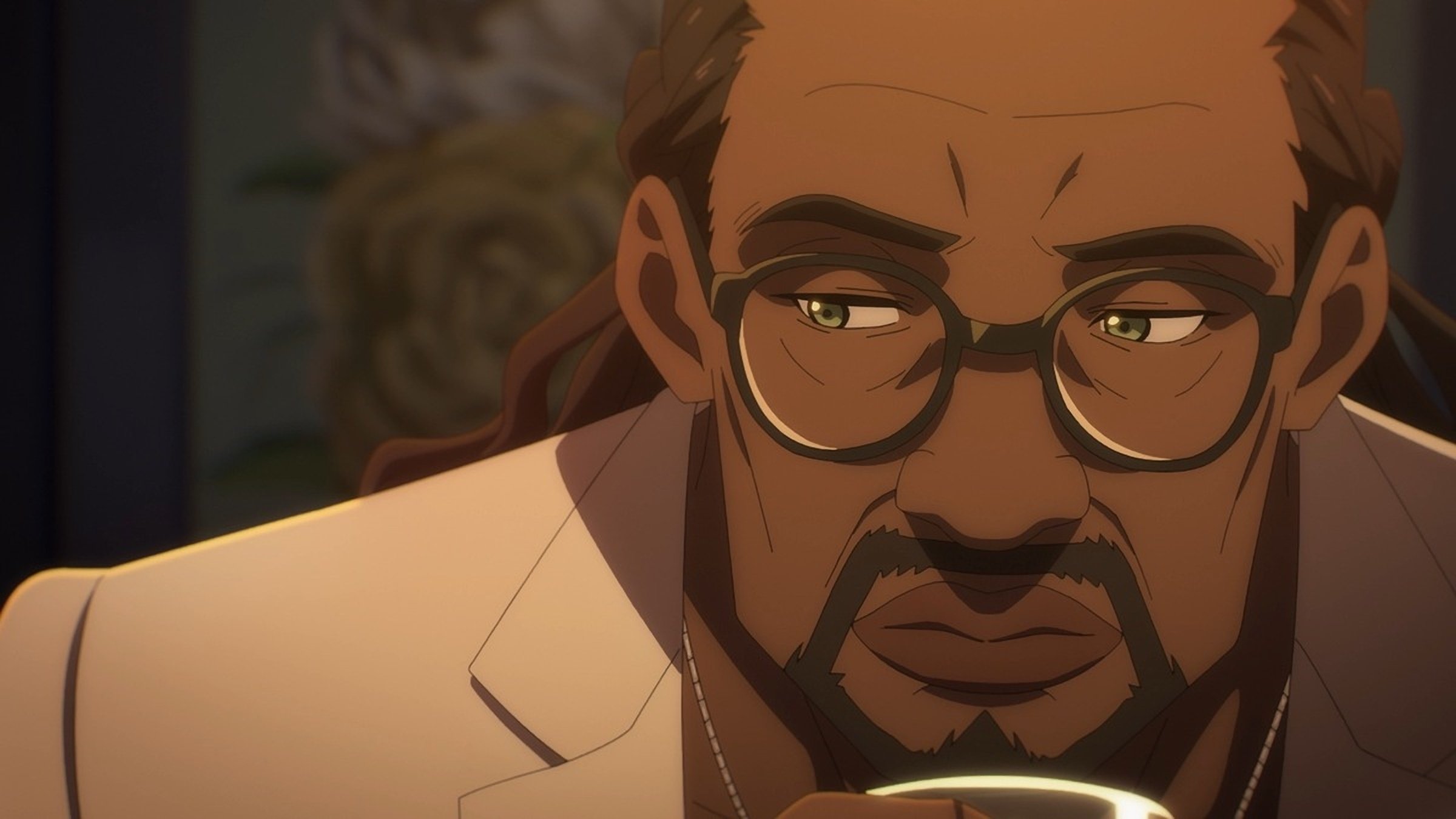WatchTillTandava said:Secret333 said:Setting up rules and following them is what keeps the story believeable and helps to make everything more meaningful. These rules can be the same as our world or they can be completely different, what matters is that the anime/TV show/film be consistent with the rules it sets. As far as Lycoris Recoil goes, it introduced some exraordinary things that the main character can do, but not much else that would change gunfights. Aside from that the guns don't have anything special about them, and you'd expect them to work the way we know them to work. And these things aren't just " meaningless technical minutiae", they are not disconnected from the story, they are a part of it.
Right now, the story tells you that a guy got blasted by an exploding car, but he survived. Assuming the anime doesn't give a good explanation of how he survived in the remaining episodes, would you be ok with that? or would that be "explosive combat physics" that you don't care about? wouldn't that be part of the story?
It's fine if you reconize something as a problem, but ignore it or not let it bother you because you're interested in something else that the show has. But saying that it isn't a problem at all, or that people who criticise these aspects are "complaining", or saying that more realism = showing every moment of a character's life (how tf did you reach that conclusion?) isn't.
There are many many great stories that are contained within the boundries of our world, idk why you say that that automatically means a bad story. You're just excusing laziness in following these boundries.
Firstly, I'd like to clarify the issue regarding "complaining" and my use of the word. When I said "complaining", I don't mean to imply that these people aren't entitled to their viewpoint on the series, that they shouldn't voice it, or that the existence in and of itself of complaints is inherently a negative thing. Another term for complaining in this context would just be "criticizing", "criticism", or "critique". I've often complained about many aspects of many different series, including some I otherwise hold in high regard and even rate highly or very highly. Some agree with the nature of my complaints in theory, but do not want, look for, or value the same things from a series, so do not find that the issue in question presents a problem for them. And vice versa. Other times, there is disagreement over the legitimacy of the nature of the complaint to begin with on its face.
In the case of the gun/explosives/general weaponry and combat physics issue, it's more the latter for me. Even most of my top favorite, 10/10-tier series have one or a few issues I would and have criticized. So I do consider them problems, but appreciate the series because of the overwhelming number of positive attributes to far outweigh those problems. Those same series are criticized by others and in many instances, what the people in question are criticizing are things I not only don't find to be problems, but quite the opposite - actually actively desirable traits (such as a series being slower-paced or having a high episode count, and so on).
On the gun subject, I don't like or love these series in spite of the problem. It's just something completely neutral and inoffensive to me, which at a fundamental conceptual level I don't agree with or recognize as constituting a problem. It's just something I quite literally couldn't care less about and affects my level of intellectual and/or emotional investment in this or any other hypothetical given series and overall enjoyment and experience in no way.
I could reiterate the sticking point about people valuing different things from their anime series, but to actually expand on and flesh that out with a little more detail, I think it comes down to radically differently set of expectations from the get-go. I've only been in the anime-verse for a relatively short period of time compared to some of this forum's userbase (approaching six years now), but I've been watching TV series and cinema all my life and I don't think since early childhood have I ever harbored an expectation or desire for anything I was watching or about to watch to have a 1:1 portrayal rooted in fidelity of the impact of combat from an angles, distance, and wound healing perspective (time required for injuries inflicted to reasonably recover), of the likelihood or not of certain events occurring in sequence to certain characters in a certain time and place which is obviously always a narrative device on a stage which exists for you (Why did the protagonists of X show arrive at this street corner five seconds right before Y happened when it's extremely improbable statistically and why do similar things happen 100 or a thousand times in the course of the series?), and so many other scenarios. Because I understood even back then, intuitively and instinctually on some level, that the literal and the obsession over the literal doesn't matter.
Everything happening to convey the story it is meant to convey is, in effect, a symbolic representation, an exaggeration, an idealized staging of specific things happening in a specific way to specific people/entities in a specific place and what actually counts in the end is the poignancy, vigor, and ultimate worth of the ideas and emotional sentiments it succeeded or not to impart to me, the viewer. That matters infinitely more to me than going over it like grading a standardized test and making sure all the letter i's were dotted and t's were crossed.
Why does an unloaded magazine drop 15 faceless, no name extra background characters and leave the main character unscathed? Why does the main character, and for that matter, every other character, only die or survive or be minorly wounded or majorly wounded when and as the plot demands each and every time? Plenty of works in media have these same features; virtually everything that involves guns and other weaponry and any form of combat does. You say that no rules or lore was communicated to suggest that anything was different about the nature of the guns and gunplay themselves in this world, and that's true, but neither is any war epic where the protagonist always lives until if/when the moment arrives when they're meant not to, and yet uncountable nobodies are blown up in every direction around them like confetti. No lore or mitigating factor was laid out to explain away or justify any other convenience in the story either, but for some reason people only love to selectively focus on the guns and fighting scenes element of it at all (not at all new or exclusively applied to Lycoris Recoil by any means - this is something which has been a trend of what people gripe about since forever across all mediums and I've never agreed with the complaint's nature at its core; this is just one of the few times I have the energy to write extensively in opposition to it and why it has never sat right with me.)
Now, certain people, to feel either intellectually challenged or emotionally invested and satisfied, or both, depending on the series, require that certain criteria, which I labeled earlier as minutiae, be fulfilled. I don't think they're wrong to anymore than one is to prefer cognac to scotch, winter to autumn, or yellow to purple, but it's not a relevant or applicable criticism at all for me and I'm personally glad I apparently don't interact with and view these same series the same way as it would sap my energy and appreciation very quickly if trying to hold them to what I view as an unrealistic (ironically!) and more importantly, just unnecessary vanity standard.

